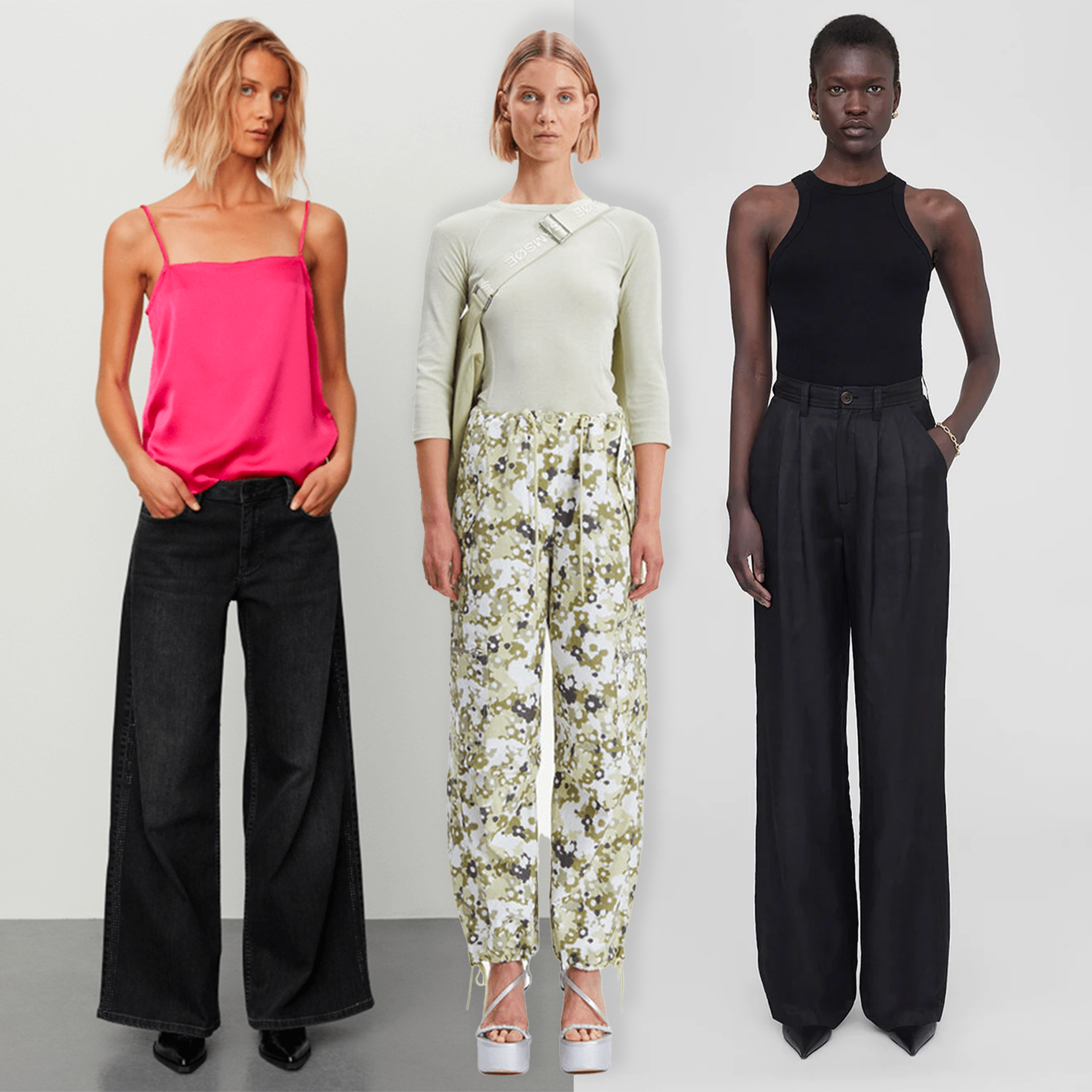Green Mark’s interview with Black White Denim about how they are tackling sustainability…
Black White Denim are a premium contemporary independent ladieswear boutique based in Cheshire. They have been a pioneer in sustainability through their ‘Buy Now, Keep Forever’ ethos which has been encouraging their customers to do the right thing.
For the past few decades, fast fashion has developed a reputation for being wasteful and exploitive. However, in the current climate everything is beginning to shift, and Black White Denim has already begun to move towards being more sustainable. They were aware of what their industry does to the environment and wanted to avoid being a part of that problem, through their burning desire to do their bit and make sure they ‘Walk the talk’ and lead their customers to do the same too.
Off the back of these aspirations, they have centralised their efforts by implementing Green Mark. This has given them the tools to create an environmental impact assessment and a procurement strategy, which has allowed them to review their business, highlighting areas for improvement and focusing on buying from more sustainable brands. They have also innovated in other areas by bringing in products and ideas:
- One Tribe Global donations – Donations to protecting trees.
- Biodegradable / Recyclable packaging.
- Reusable GOTS approved bags.
- Environmental policy – Which is available to all employs.
- Sustainability focus – Pages on their website & social media.
With a focus on their customers, they have encouraged them to bring in Black White Denim clothing that they no longer want, then this is sold on for them at no cost to the customer. Once the piece is sold, they will receive a gift card that they can use in-store. This is a core example of how fashion can create a more circular economy which brings their customers on their sustainability journey with the brand.
As a result of Black White Denim’s work with Green Mark, they have developed a ‘Green Book’ which allows them to start a conversation within the fashion industry on the wider issue of sustainability. This book also gives them an opportunity to collect information on the green credentials of the brands they stock, meaning that they can continue to curate a selection of products which achieves the mission of providing a collection of timeless wardrobe staples that are more environmentally friendly.
Both of their brands are working together towards continuous improvement, whilst encouraging other retailers to think more about the long-term future of the planet when thinking about key strategic decisions.








